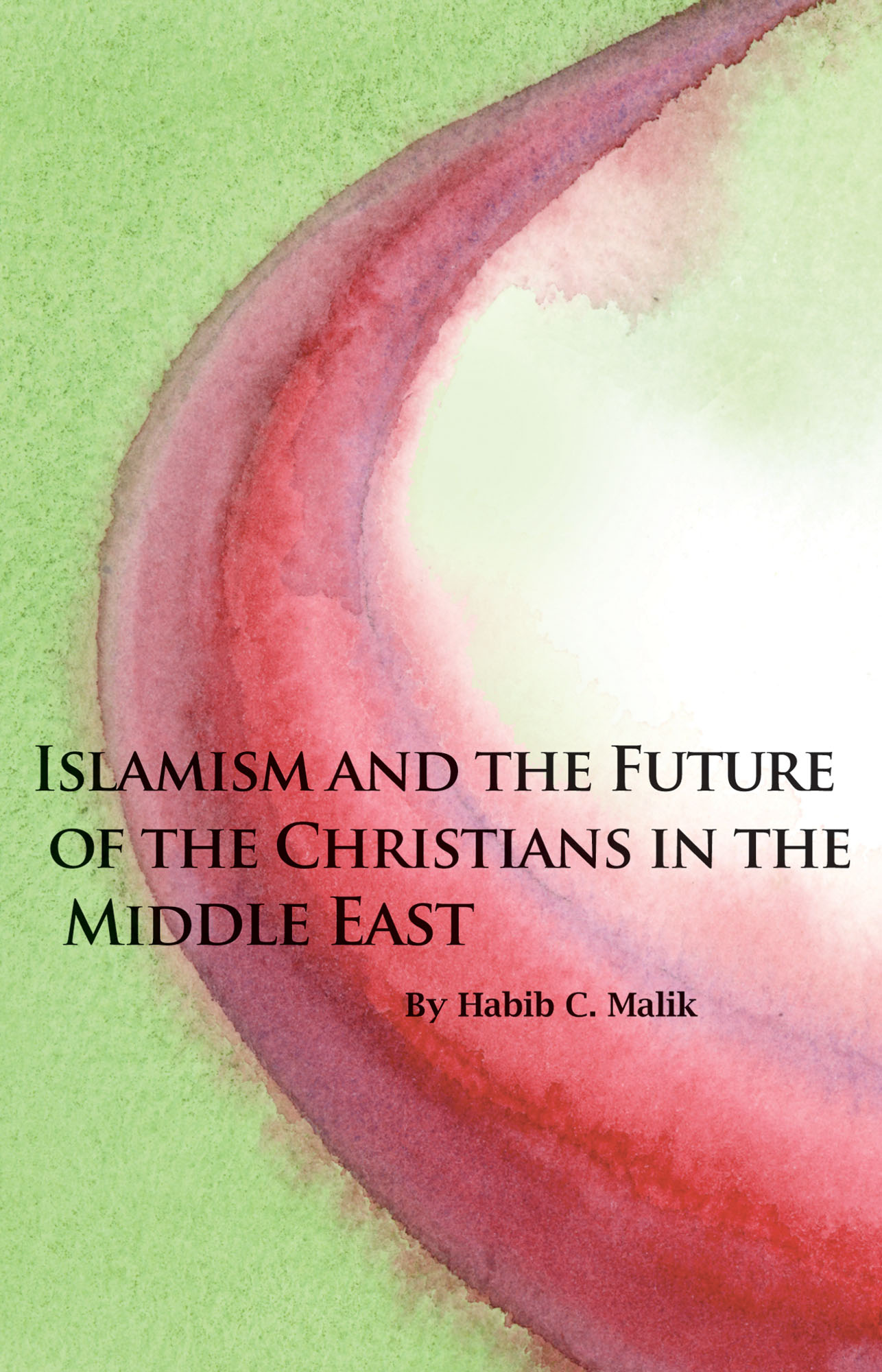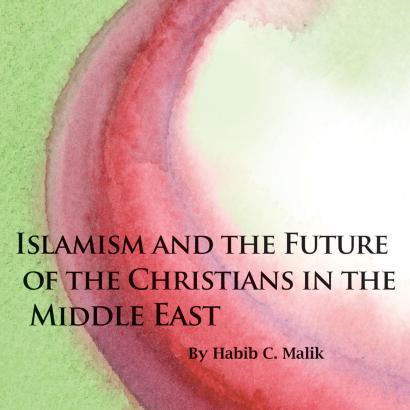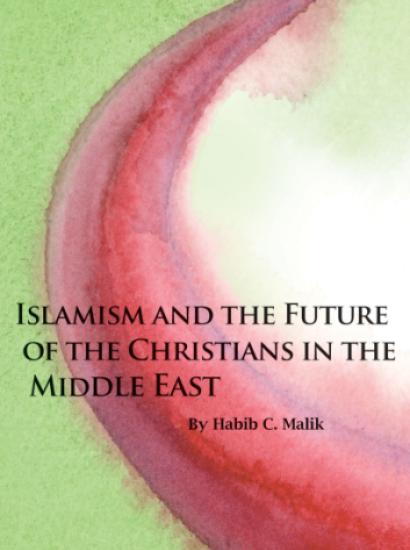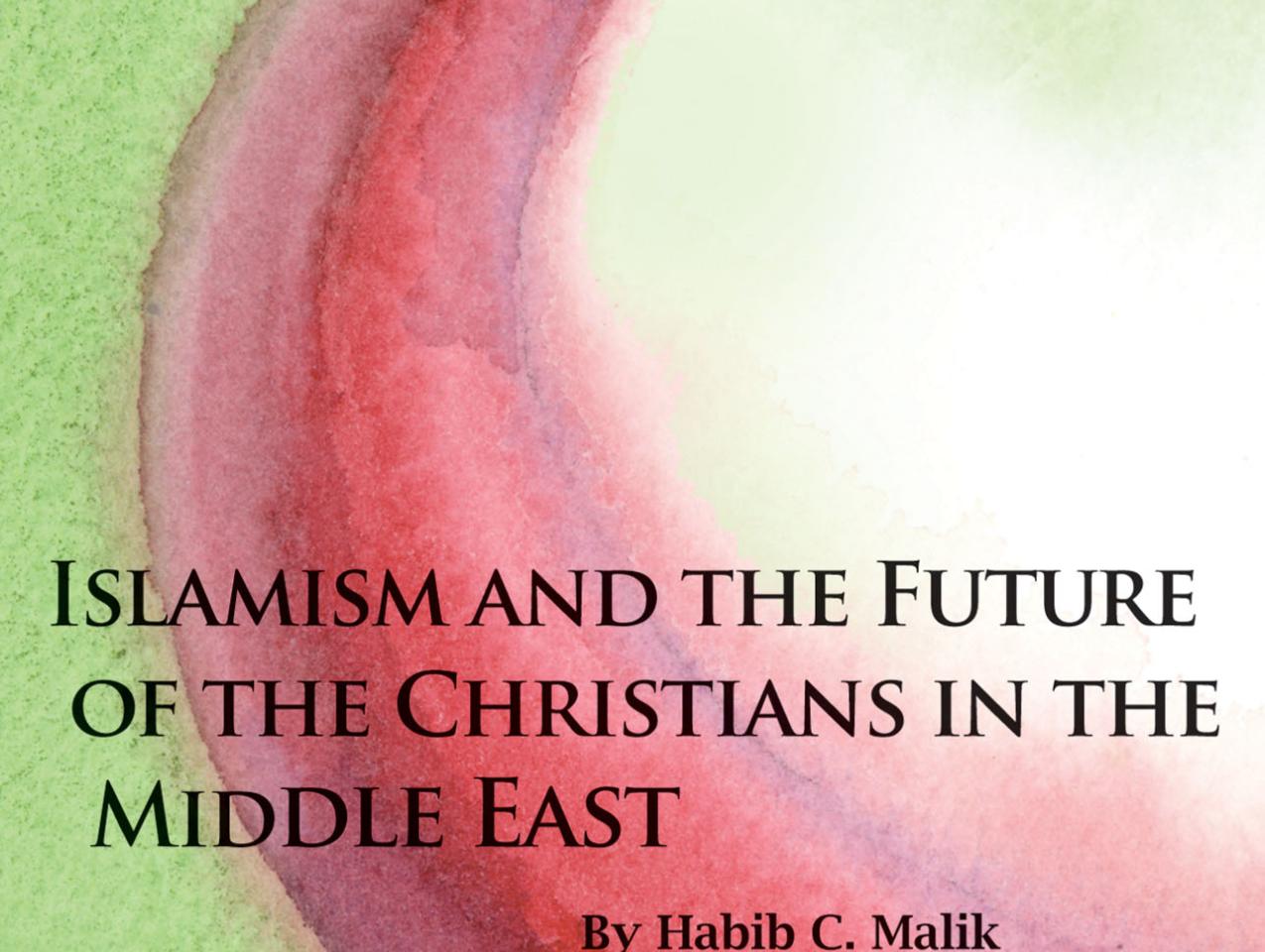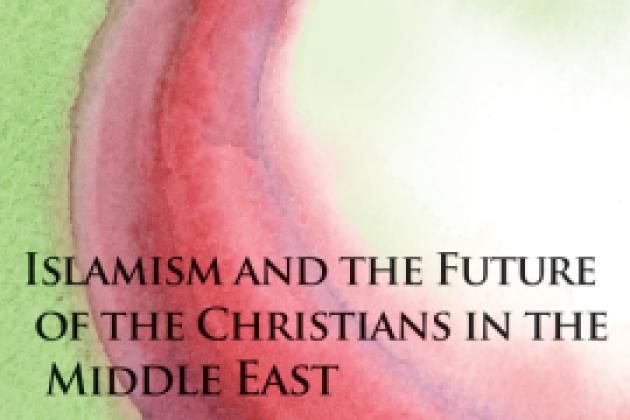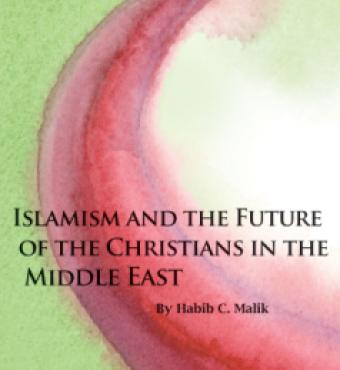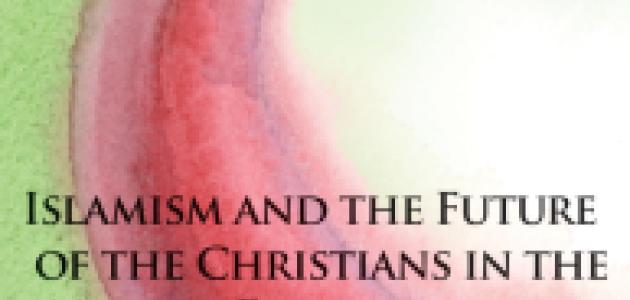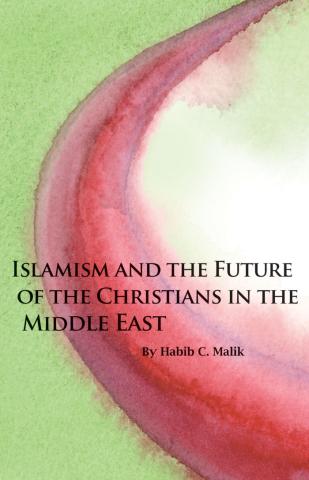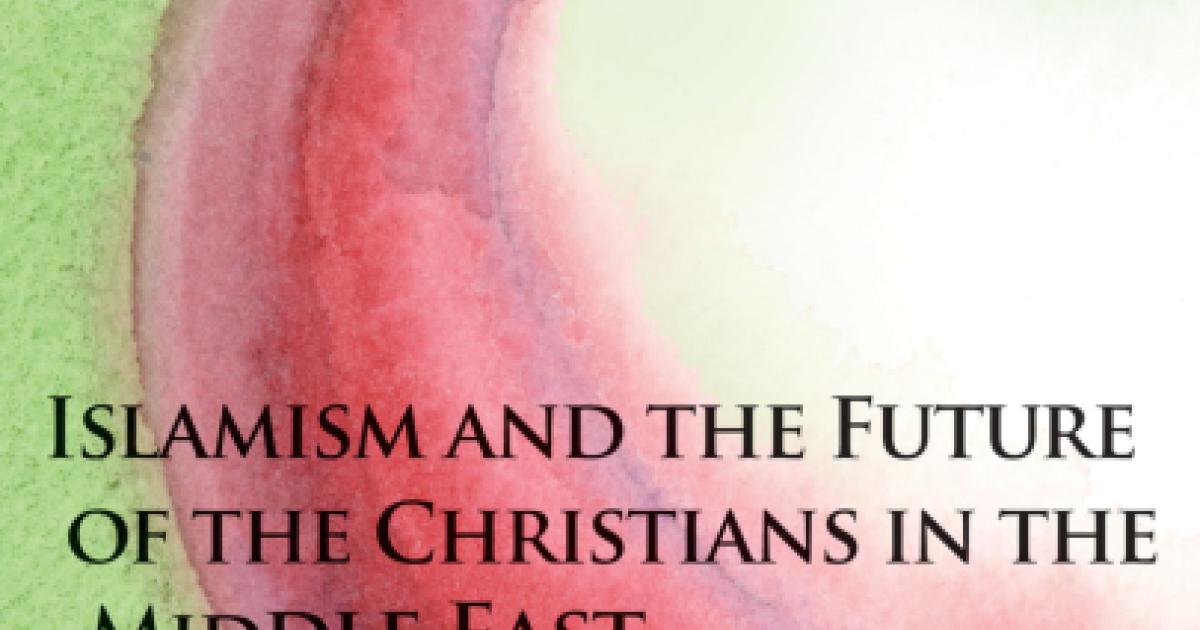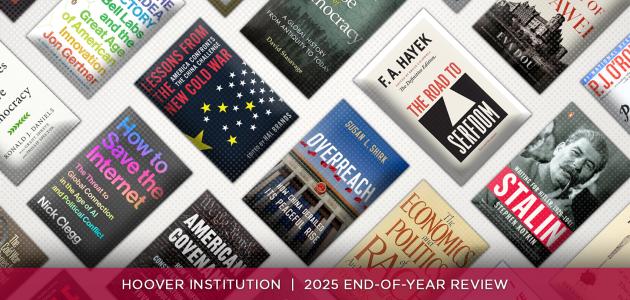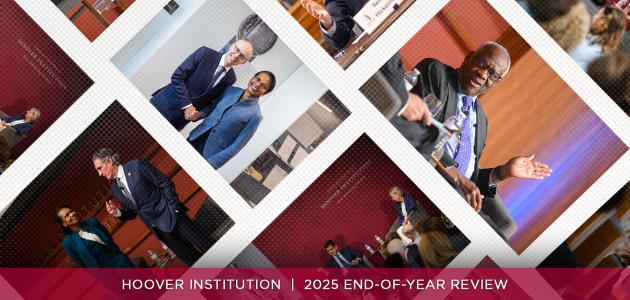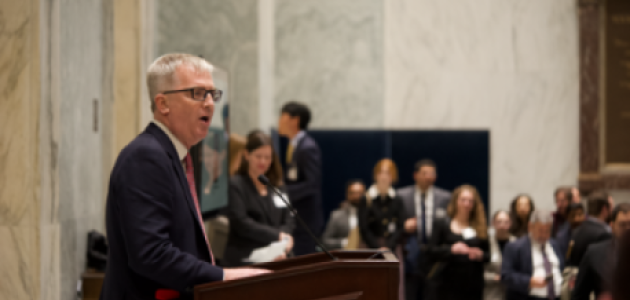
The Hoover Institution today announced publication of four essays on Islamism and international order: Saudi Arabia and the New Strategic Landscape, by Joshua Teitelbaum; Syria through Jihadist Eyes: The Perfect Enemy, by Nibras Kazimi; The Ideological Struggle for Pakistan, by Ziad Haider; and Islamism and the Future of the Christians in the Middle East, by Habib C. Malik. This diverse group of foreign policy experts highlights different and complex facets of Islamism and the Middle East.
“These essays straddle the fence between scholarly knowledge and the best of policy writing,” said Fouad Ajami, a senior fellow at the Hoover Institution and a professor at Johns Hopkins University. “They are written by authors who know their subjects with deep intimacy but have a knack for the real world and its troubles. If the Greater Middle East is the source of our worries and strategic concerns, these works are a superb guide to the ideological and strategic challenges America faces in the Islamic world.”
Saudi Arabia and the New Strategic Landscape, by Joshua Teitelbaum
In this essay, Teitelbaum provides a strategic assessment of the Saudi-American relationship based on his many years of studying Saudi Arabia and the Persian Gulf. He offers a powerful corrective to the traditional view of Saudi foreign policy that emphasizes the Saudi concern with the Israeli-Palestinian conflict.
Teitelbaum is a visiting fellow at the Hoover Institution and a visiting scholar at Stanford University. He also is a senior fellow at Tel Aviv University’s Dayan Center for Middle Eastern Studies and principal research associate at the Global Research in International Affairs Center, Interdisciplinary Center, Herzliya.
Syria through Jihadist Eyes: The Perfect Enemy, by Nibras Kazimi
In this essay, Kazimi challenges President Obama’s facile reading of Syria and its presumed readiness for peace and normalcy. With field notes accumulated in a traditionally closed Syrian environment, Kazimi provides a unique view of the Syrian regime and its base at home, filling a void in our basic understanding of the intelligence barons and soldiers who run Syria.
Kazimi is a visiting scholar at the Hudson Institute. He previously directed the Research Bureau of the Iraqi National Congress in Washington, D.C., and Baghdad and served as a pro bono adviser to the Higher National Commission for De-Ba'athification, which he helped establish and staff. Kazimi’s research focuses on the growing threat of jihadism in the Middle East, as well as prospects for democracy in the region.
The Ideological Struggle for Pakistan, by Ziad Haider
This essay assesses the struggle for Pakistan’s identity. Haider shows how Pakistan’s viability as a state depends in large part on its ability to develop a new and progressive Islamic narrative. He identifies the key question: not whether religion has a role in Pakistan, but how can it be used as a force for progressive change and what form should an enabling narrative of Islam in Pakistan assume?
Ziad Haider is a scholar of Pakistani background. He has served as a foreign policy adviser to Senator Chris Dodd, as a member of the professional staff on the House Committee on Homeland Security, and as a research analyst at the Henry L. Stimson Center’s South Asia program. A Fulbright Scholar in Southeast Asia, he was also an American Society of International Law Fellow at the Human Rights Commission of Pakistan.
Islamism and the Future of the Christians in the Middle East, by Habib C. Malik
This essay presents an account of Christian Arabs of the Middle East in this era of Islamist radicalism. Malik explains why the number of native Christians in the Middle East—now between ten and twelve million—continues to dwindle, one of the most prominent reasons being the rise of Islamic extremism, or Islamism, in both its Sunni and its Shiite varieties. He does, however, offer hopeful suggestions on how to achieve a healthy pluralism between Muslims and Christians in the region.
Habib C. Malik, a noted Lebanese scholar, is a professor of history and cultural studies at the Lebanese American University (Byblos campus) and a founding member of the Foundation for Human and Humanitarian Rights. He is the author of several books, articles, and essays on pluralism, Arab Christians, human rights, and political Islam, and the author of a major book on the spread and appeal of Kierkegaard’s philosophy.
For more information on these essays and authors, visit hooverpress.org. For more information on the Hoover Institution, visit hoover.org or find us on Facebook (keyword: Hoover Institution).







